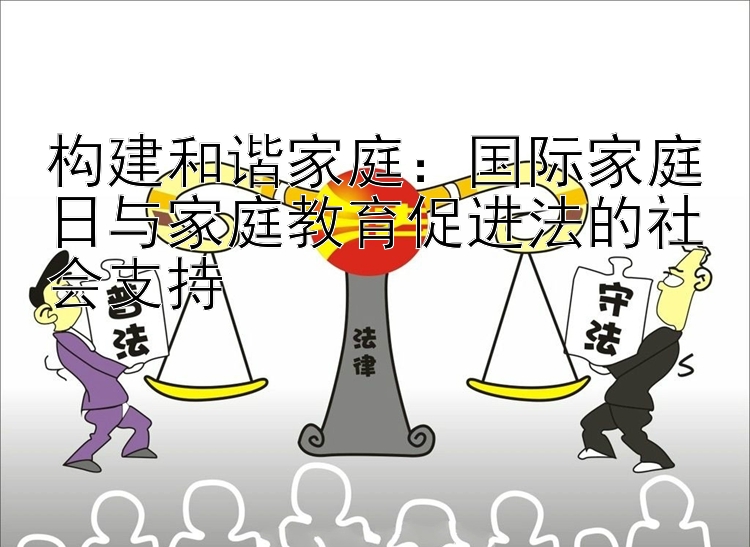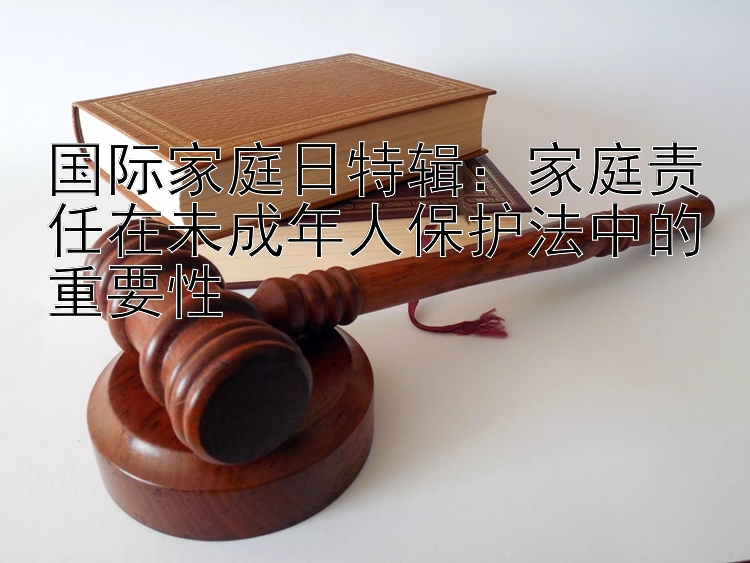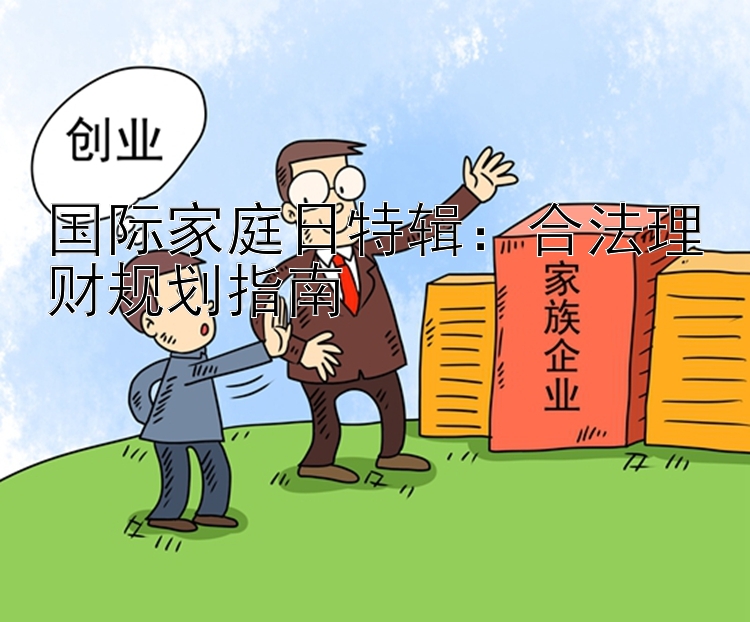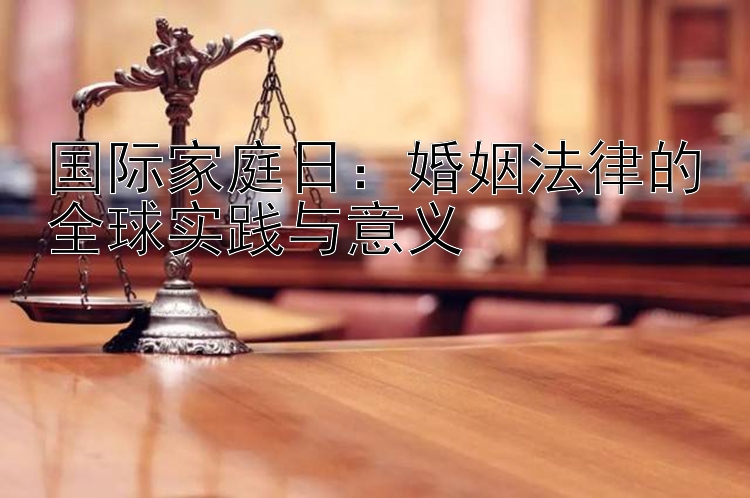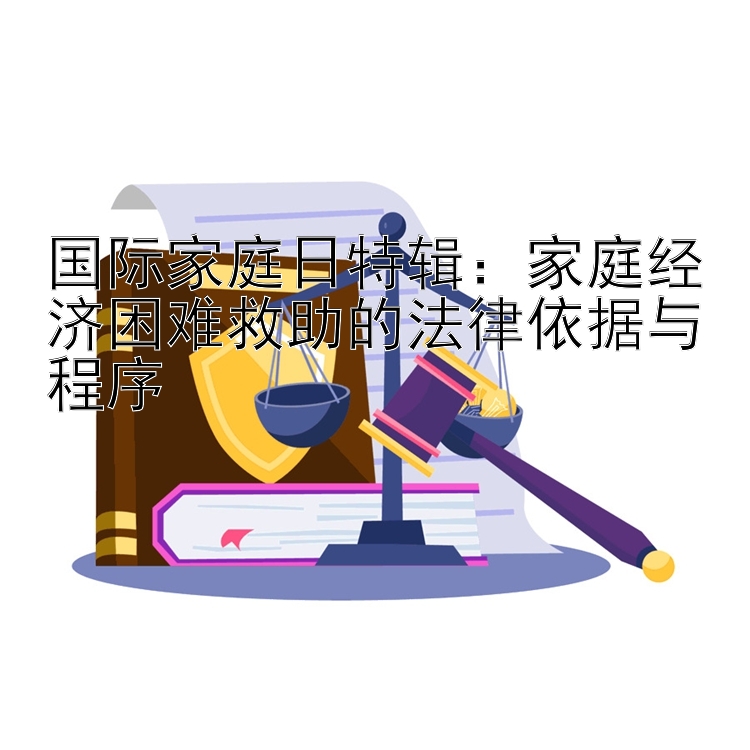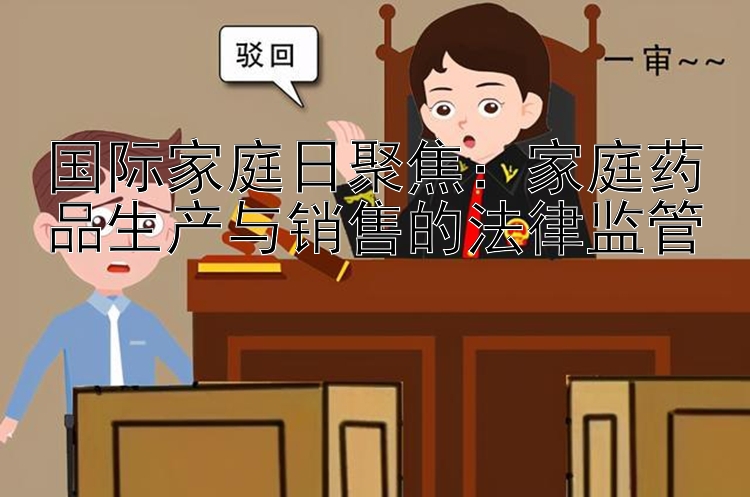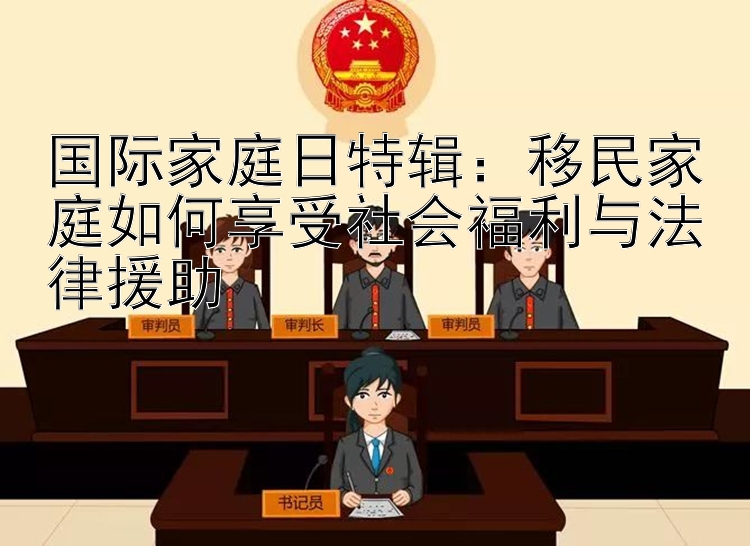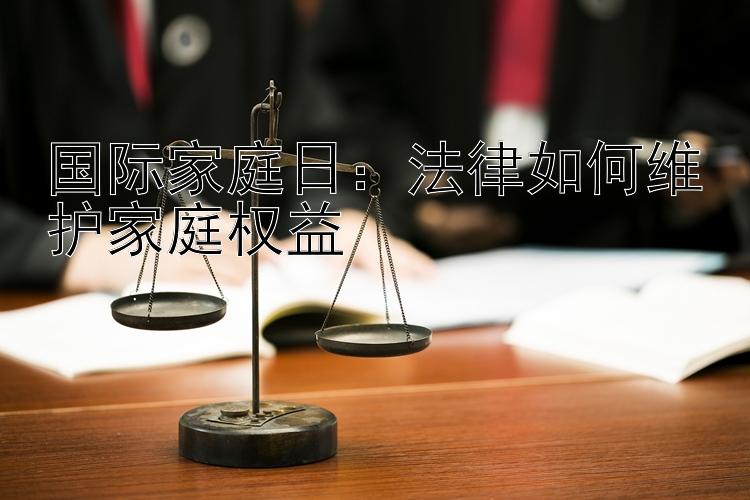国际家庭日视角:网络隐私保护与家庭权益的平衡
国际家庭日, celebrated on May 15th every year, is a day dedicated to honoring families and promoting awareness of issues relating to families and family life. In the digital age, one of the most pressing issues facing families is the balance between network privacy protection and family rights. The rapid development of information technology has brought about significant changes in how individuals and families interact with each other and with the world, leading to new legal challenges and questions about privacy and rights within the family context.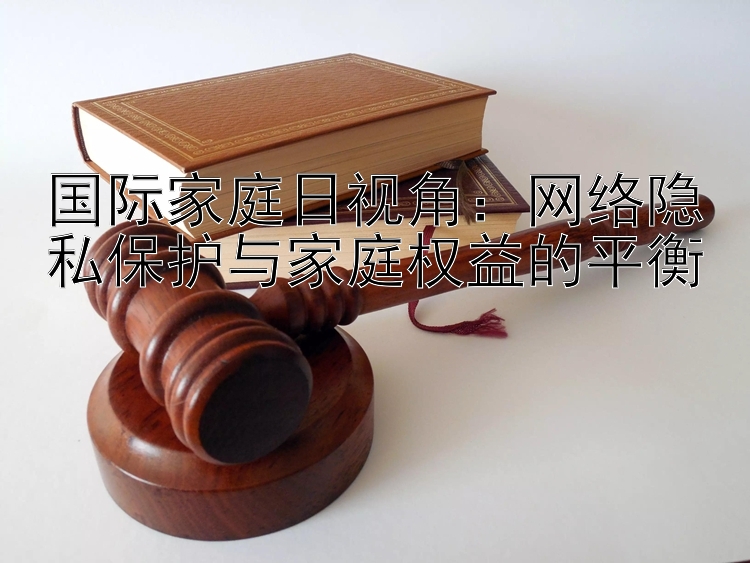
Legal Framework for Privacy Protection
At the international level, the right to privacy is recognized in various legal instruments, including the Universal Declaration of Human Rights (Article 12) and the International Covenant on Civil and Political Rights (Article 17). These documents establish a baseline for privacy rights, mandating that no one shall be subjected to arbitrary or unlawful interference with their privacy, family, home, or correspondence, nor to unlawful attacks on their honor and reputation.
In the European Union, the General Data Protection Regulation (GDPR) provides a comprehensive framework for data protection and privacy for all individuals within the EU. The GDPR, which came into effect in 2018, gives individuals more control over their personal data and sets strict obligations for entities that process personal data.
Network Privacy Protection and Family Rights
The intersection of network privacy protection and family rights is particularly complex. On one hand, individuals have a right to privacy in their personal communications and data, including those within the family context. On the other hand, family members may have legitimate interests in accessing certain information, especially regarding minors or vulnerable individuals.
Case Study: Google Spain SL, Google Inc. v Agencia Española de Protección de Datos, Mario Costeja González (C-131/12)
A landmark case illustrating the tension between privacy and family rights is the "right to be forgotten" case decided by the Court of Justice of the European Union (CJEU) in 2014. In this case, Mario Costeja González requested that Google remove links to newspaper pages from its search results that referred to his past financial problems. The court ruled in favor of Costeja González, establishing that individuals have the right to ask search engines to remove links to certain personal information if it is inadequate, irrelevant, or excessive.
This decision highlights the importance of balancing privacy rights with other rights and interests, including the right to freedom of expression and information. In a family context, this decision could be interpreted to allow individuals to request the removal of personal information that could affect their family's reputation or privacy.
Legal Challenges and Balancing Acts
The legal challenges in balancing network privacy protection with family rights are numerous. They include navigating the consent requirements for data processing involving minors, determining the scope of parental rights to monitor their children's online activities, and addressing the issue of domestic surveillance within the family.
Moreover, the global nature of the internet complicates the application of privacy laws, as data can easily cross borders where different legal standards apply. This creates a need for international cooperation and harmonization of privacy laws to ensure consistent protection of privacy rights across jurisdictions.
Conclusion
In the context of International Family Day, it is crucial to reflect on the evolving nature of family rights and privacy in the digital age. Balancing network privacy protection with family rights requires a nuanced understanding of the legal frameworks in place and the application of these laws in the face of rapidly changing technologies and societal norms. As we move forward, it is essential for lawmakers, policymakers, and the judiciary to work together to address these challenges, ensuring that the rights and interests of individuals and families are protected in an increasingly interconnected world.
